16 Things to Know Before Traveling in Asia for the First Time
Traveling to Asia for the first time can be an exciting and rewarding experience. With its rich cultures, diverse landscapes, and unique traditions, Asia offers something for every type of traveler. However, there are a few important things you should know before embarking on your journey. Understanding local customs, transportation systems, and climate can help ensure your trip runs smoothly. It is also helpful to be prepared for language barriers, cultural differences, and varying safety standards. By doing a bit of research in advance, you can make the most of your time in Asia and avoid common travel pitfalls.
This post may contain affiliate links, which helps keep this content free. Please read our disclosure for more info.
Learn the Basics of Local Languages

When traveling to Asia, knowing some basic words and phrases in the local language can go a long way. While English is commonly spoken in tourist areas, learning a few key phrases like “hello,” “thank you,” and “goodbye” will help you interact with locals and show respect for their culture. It is also helpful to download translation apps or carry a phrasebook, especially when visiting more remote locations.
Many Asian languages have unique scripts, and not all of them use Roman characters. This can make it challenging to read signs or menus. However, with the right tools, it becomes easier to communicate and understand the essentials. Be patient, as the language barrier might slow things down, but people will often appreciate the effort you make to speak their language.
Understand the Cultural Differences

Asia is home to a variety of cultures, and it is essential to respect local customs and traditions. In some countries, behaviors that are considered normal in the West might be seen as rude or disrespectful. For example, in many Asian cultures, it is polite to greet someone with a bow instead of a handshake, or to remove your shoes before entering someone’s home.
Understanding the local culture can help you avoid misunderstandings and make your trip more enjoyable. Researching the customs of the specific countries you plan to visit can prepare you for any cultural differences you might encounter. Embracing local customs can also enhance your travel experience and help you build positive relationships with the people you meet.
Research Local Transportation
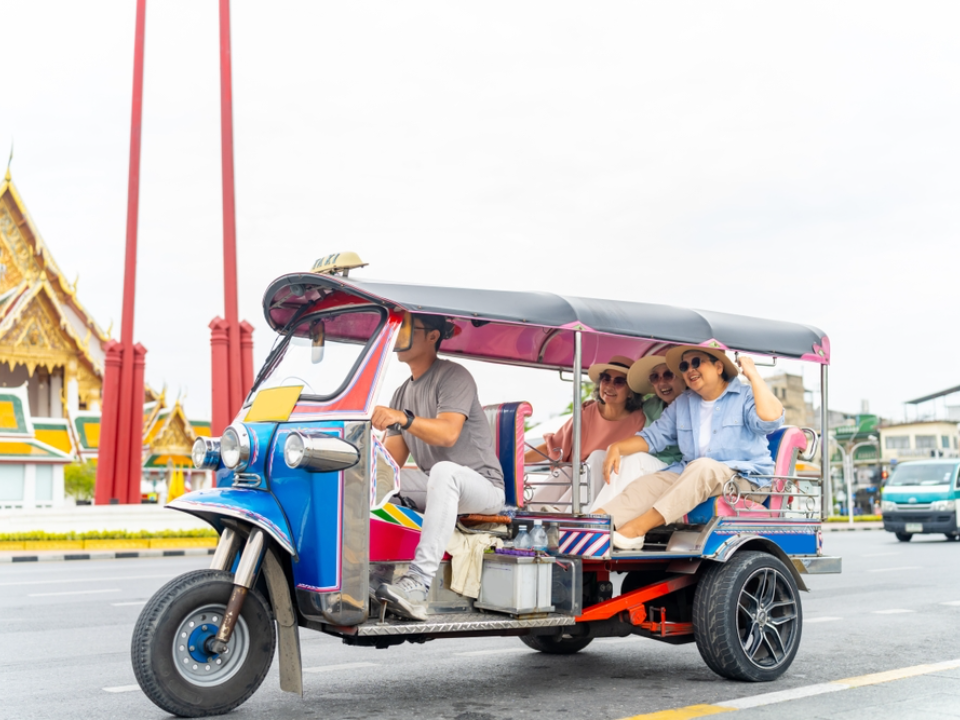
Public transportation in Asia is often efficient and affordable, but it varies greatly from country to country. In large cities, you may find subways, buses, or taxis that are easy to use and relatively inexpensive. However, in smaller towns or rural areas, public transport options may be limited. Knowing how to navigate the transportation systems will save you time and money.
Some countries also have unique transportation methods like tuk-tuks or rickshaws, which can be fun to experience but may also require some negotiation on the fare. It is important to familiarize yourself with local travel etiquette, such as how to board a bus or train or how to hire a taxi. Understanding transportation options can make your travels smoother and help you avoid getting lost.
Be Aware of the Climate
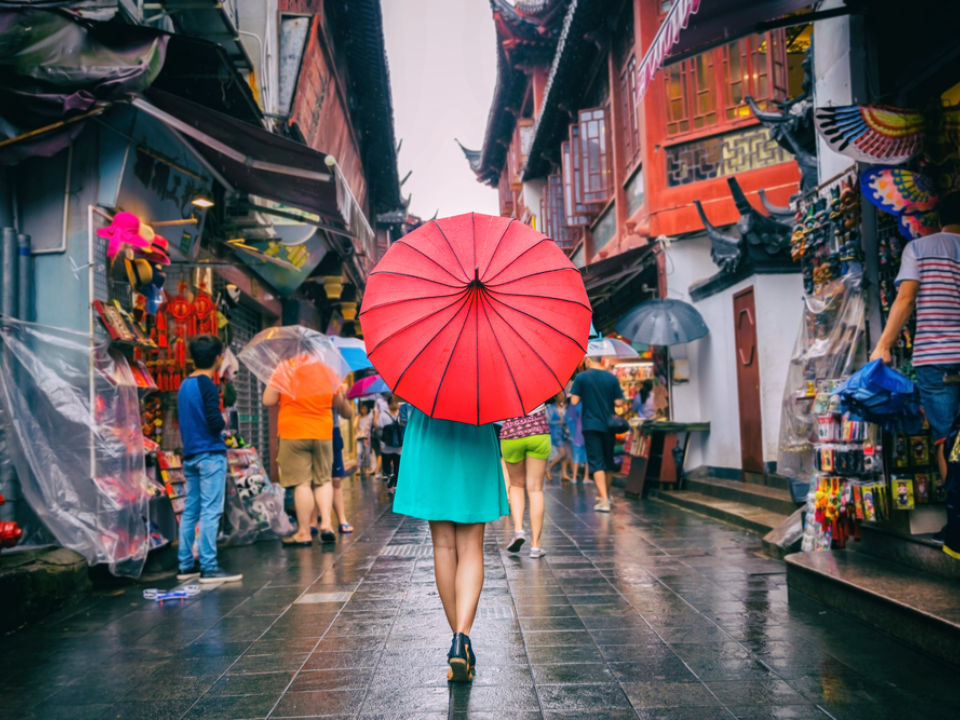
Asia’s climate varies greatly depending on the region and time of year. Some countries experience tropical weather year-round, while others have distinct seasons. In tropical areas, you may encounter hot and humid conditions, while northern regions can have cold winters with snow. Knowing the climate of the places you are visiting will help you pack the right clothing and prepare for the weather.
Before you travel, check the weather forecast for each destination to ensure you are prepared for any unexpected weather changes. It is also wise to consider the rainy season, as some areas can experience heavy rainfall during certain months. Being aware of the climate helps you plan your activities accordingly and stay comfortable during your trip.
Have a Health Plan

When traveling in Asia, it is important to consider your health and well-being. Depending on the countries you are visiting, vaccinations may be required or recommended before travel. Make sure to check with your healthcare provider well in advance to ensure you are up to date on any necessary shots.
Additionally, some regions of Asia may have different health risks than you are used to, such as mosquito-borne illnesses or waterborne diseases. It is important to drink bottled or purified water and avoid eating food from street vendors if you are concerned about foodborne illnesses. Carrying a small first aid kit can also be useful for minor injuries or illnesses.
Pack Smart
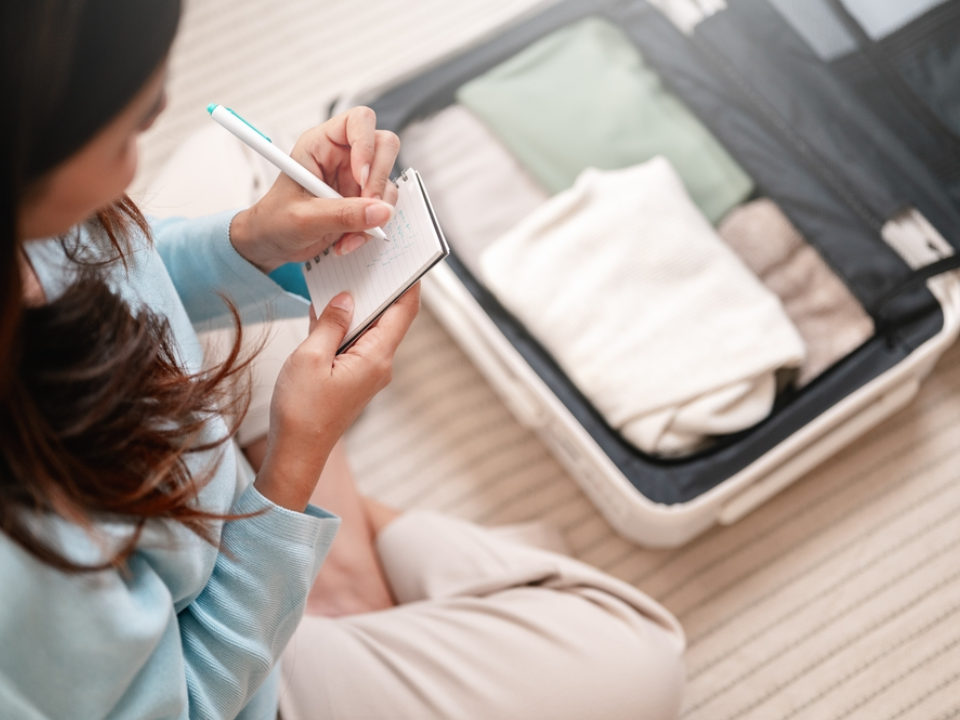
Packing for an Asian trip requires careful consideration of what you may need during your travels. Light, breathable clothing is ideal for tropical climates, while warmer layers are needed for cooler regions. Be sure to pack a power adapter for your electronic devices, as different countries may have different plug types and voltage systems.
In addition to clothes and electronics, you should bring essential items like sunscreen, insect repellent, and personal hygiene products. A good backpack or luggage that is easy to carry is also helpful for navigating busy cities or rural areas. Packing efficiently and wisely ensures that you are prepared for various situations during your travels.
Respect Religious Sites
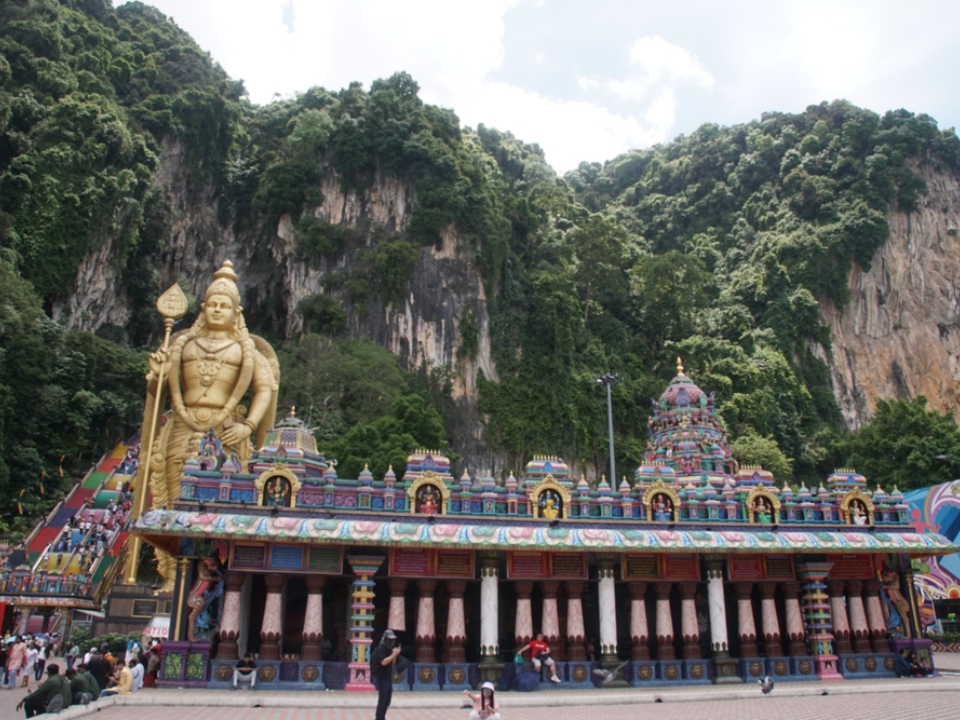
Asia is home to many important religious and spiritual sites, such as temples, shrines, and monasteries. When visiting these locations, it is important to dress modestly and act respectfully. In some places, you may be required to remove your shoes or cover your head before entering. Researching the customs for visiting religious sites in the specific country you are traveling to can prevent you from unintentionally offending anyone.
Respecting religious practices not only shows cultural awareness but also allows you to fully appreciate the historical and spiritual significance of these locations. Some religious sites may also have strict rules about photography or noise levels, so always be mindful of the environment when visiting. Understanding the role of religion in the culture you are experiencing enriches your trip.
Try Local Food, But Be Cautious

Asian cuisine is diverse, with each region offering its own unique dishes and flavors. Trying local food is one of the highlights of traveling in Asia, but it is important to be cautious about where you eat. Street food is often delicious and cheap, but make sure the vendor follows proper hygiene practices to avoid getting sick.
If you have a sensitive stomach or are unfamiliar with the local food, start by eating in well-established restaurants or food stalls that look clean and busy. Gradually, you can explore more adventurous food options as your stomach adjusts to the new flavors. Being mindful of your food choices will allow you to enjoy the culinary experience without any discomfort.
Prepare for Crowds
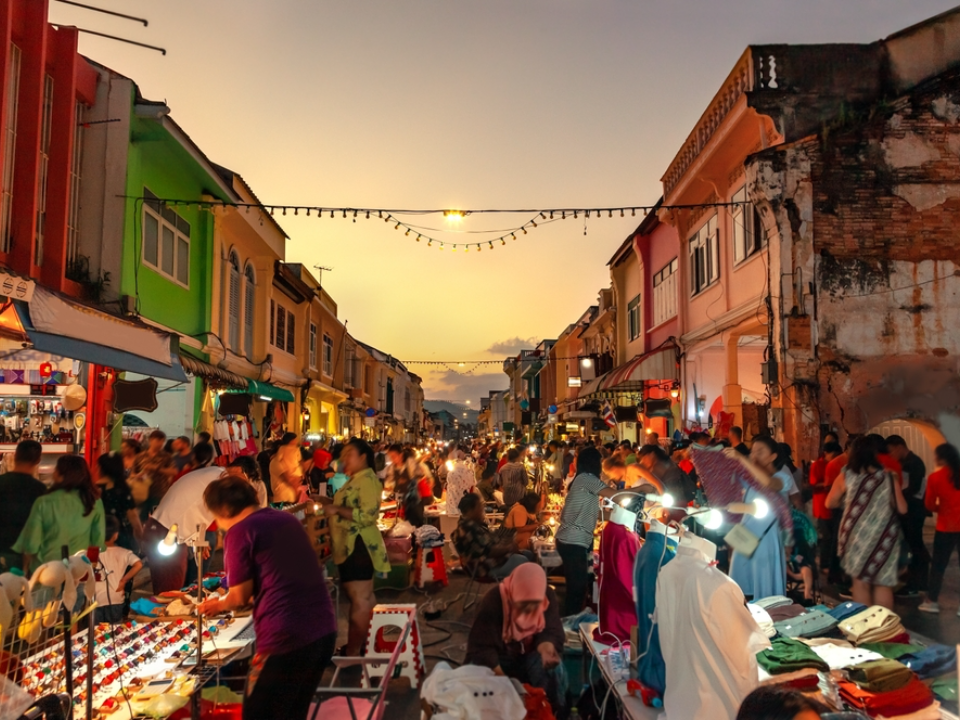
Many popular tourist destinations in Asia are known for their large crowds, especially during peak travel seasons. Whether visiting a bustling city or a famous tourist spot, it is essential to be prepared for crowds and the hustle and bustle of daily life. Staying patient and flexible with your itinerary will help you make the most of these busy environments.
If you prefer quieter experiences, consider visiting attractions during off-peak hours or exploring lesser-known destinations. In some cases, you may need to wait in long lines or deal with large groups of people. Being mentally prepared for these situations will make your trip more enjoyable and less stressful.
Be Careful with Your Valuables
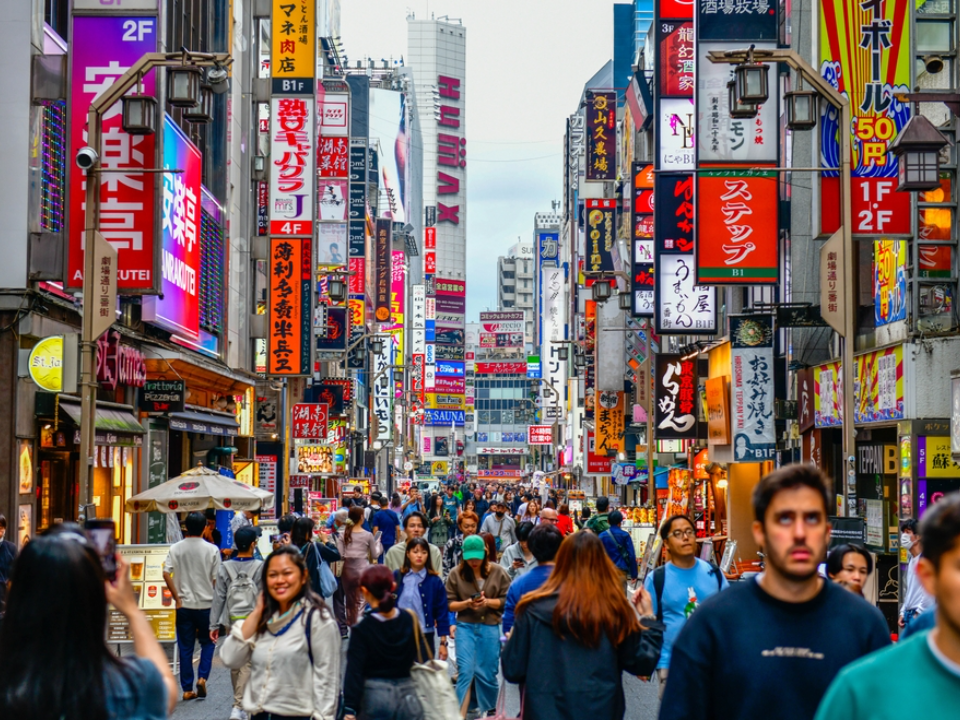
As in any region of the world, it is important to protect your valuables while traveling in Asia. Pickpockets and petty theft can occur in crowded tourist areas or on public transportation. Keep your wallet, phone, and other important items secure by using anti-theft bags or money belts.
It is also a good idea to make photocopies of important documents like your passport and visa, in case they are lost or stolen. Keep these copies in a separate location from the originals. Being mindful of your belongings will help you avoid losing anything valuable during your trip.
Learn About Local Etiquette

In Asia, social etiquette can vary significantly between countries and even regions. In some cultures, it is customary to address people using titles and honorifics, while in others, a more informal greeting is acceptable. Familiarizing yourself with local customs, such as tipping practices, dining etiquette, and greetings, will help you feel more comfortable and avoid unintentional faux pas.
For example, in Japan, it is important to bow when greeting someone, while in many Southeast Asian countries, a handshake is more common. Understanding these small details will help you navigate social situations with ease. Additionally, showing respect for elders and authority figures is a common practice throughout much of Asia.
Stay Safe While Traveling
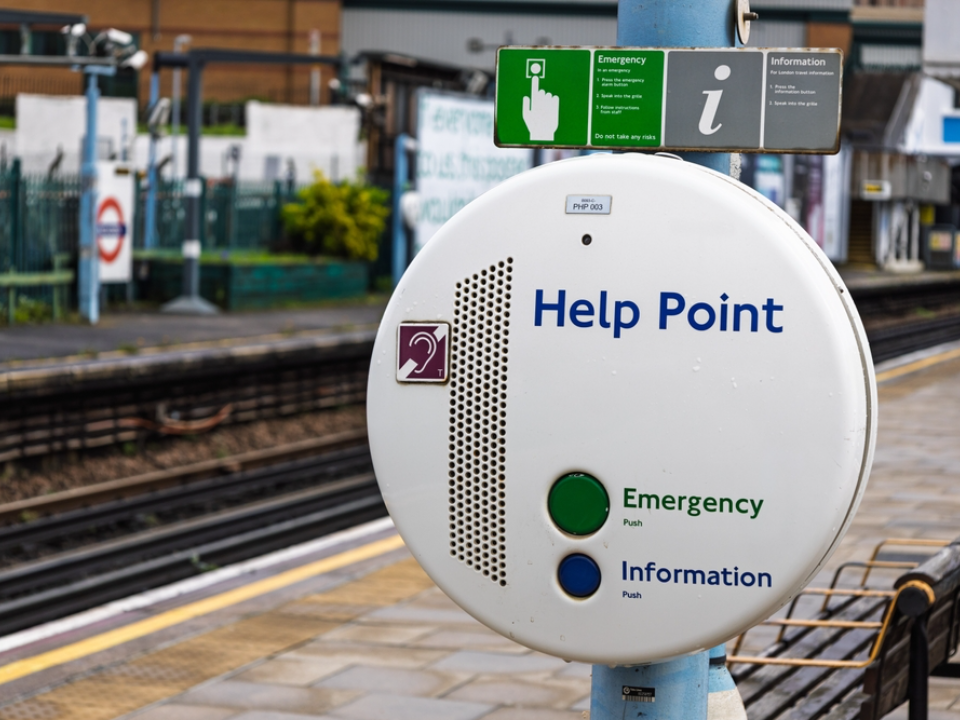
Safety should always be a priority when traveling, especially in unfamiliar destinations. Make sure to research any potential safety concerns related to the countries you plan to visit. In some areas, natural disasters, political instability, or health risks may pose a threat to travelers.
It is also wise to have travel insurance that covers medical emergencies, lost luggage, or trip cancellations. Keep emergency contact information and the local embassy details handy. Taking basic safety precautions will help you feel more at ease and ensure that you can enjoy your trip without worry.
Handle Currency and Payments
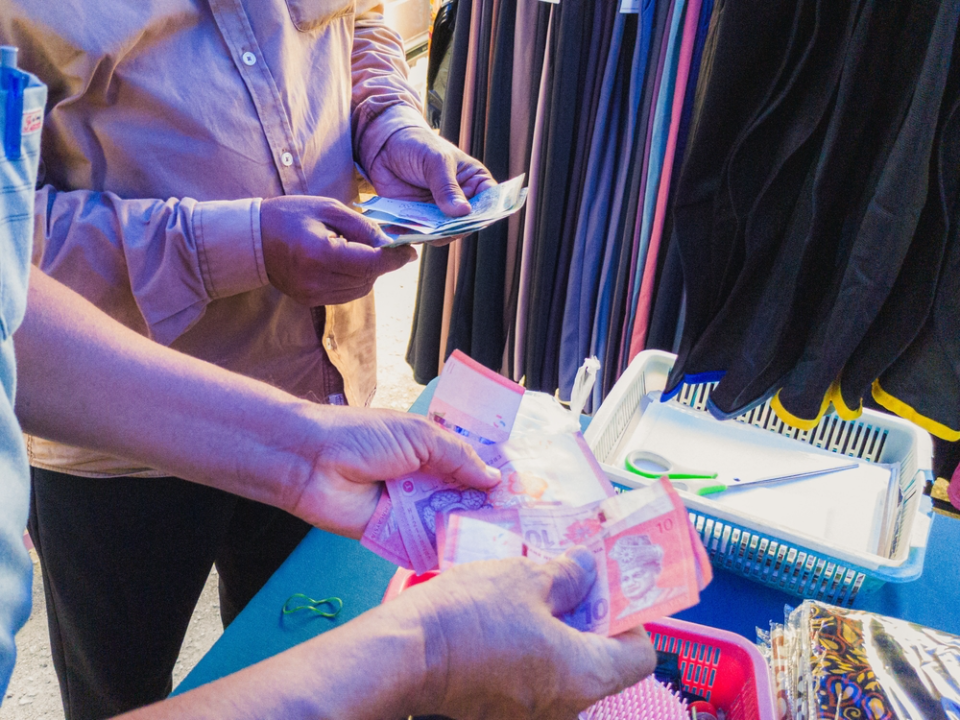
Currency varies widely across Asia, and understanding the local money system is essential. In many countries, cash is still the preferred method of payment, especially in rural areas or small shops. Make sure to carry local currency and use ATMs or exchange services for the best rates.
Credit cards are widely accepted in larger cities and high-end establishments, but be prepared for some places to only accept cash. It is also important to understand the tipping culture, as in some countries, tips are expected, while in others, they are not. Researching the local payment customs will help you avoid any surprises.
Know the Time Zone Differences
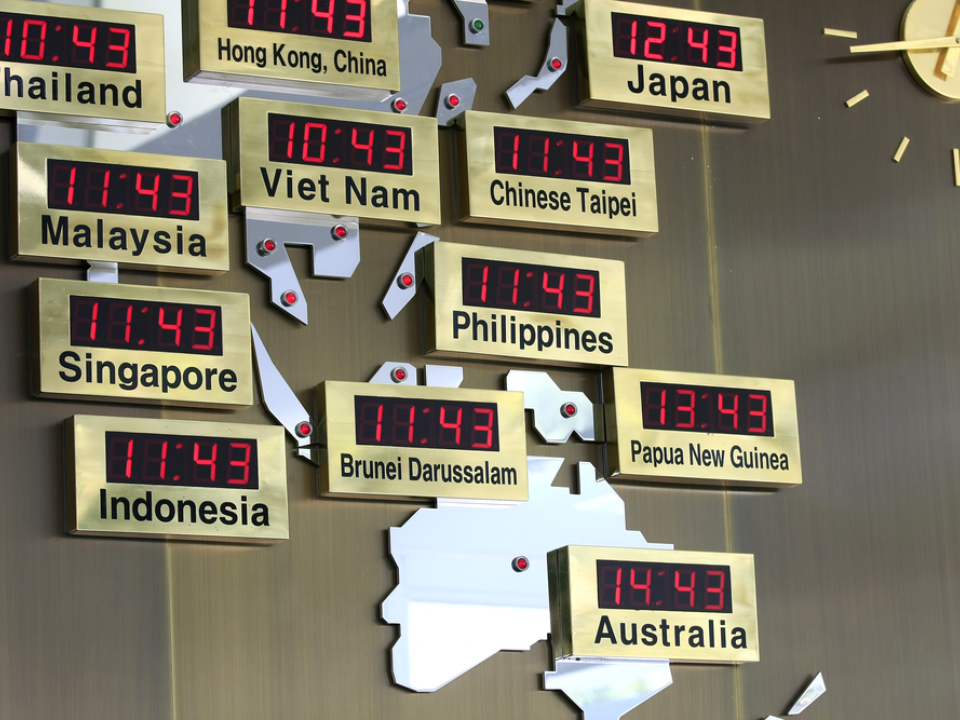
Asia spans a vast geographical area, which means there are several time zones across the continent. Be aware of the time zone differences when planning your flights, connecting travel, or making reservations. Setting your watch or phone to the correct local time will help you avoid confusion during your travels.
Additionally, you may experience jet lag when traveling to or from Asia, particularly if you are crossing multiple time zones. To minimize the effects, try adjusting your sleep schedule a few days before departure. Knowing how to manage time zone differences will help your travels go smoothly.
Prepare for Varying Standards of Accommodation

The standard of accommodation in Asia can vary widely, from luxury hotels to basic guesthouses. Depending on where you are traveling, you may find that accommodations are not always up to the standards you are used to. It is helpful to read reviews and research hotels or hostels in advance to ensure they meet your expectations.
In some countries, budget accommodations can be very basic, with shared bathrooms or limited amenities. On the other hand, luxury hotels in major cities may offer world-class services. It is important to choose accommodations that align with your budget and preferences.
Embrace the Unexpected
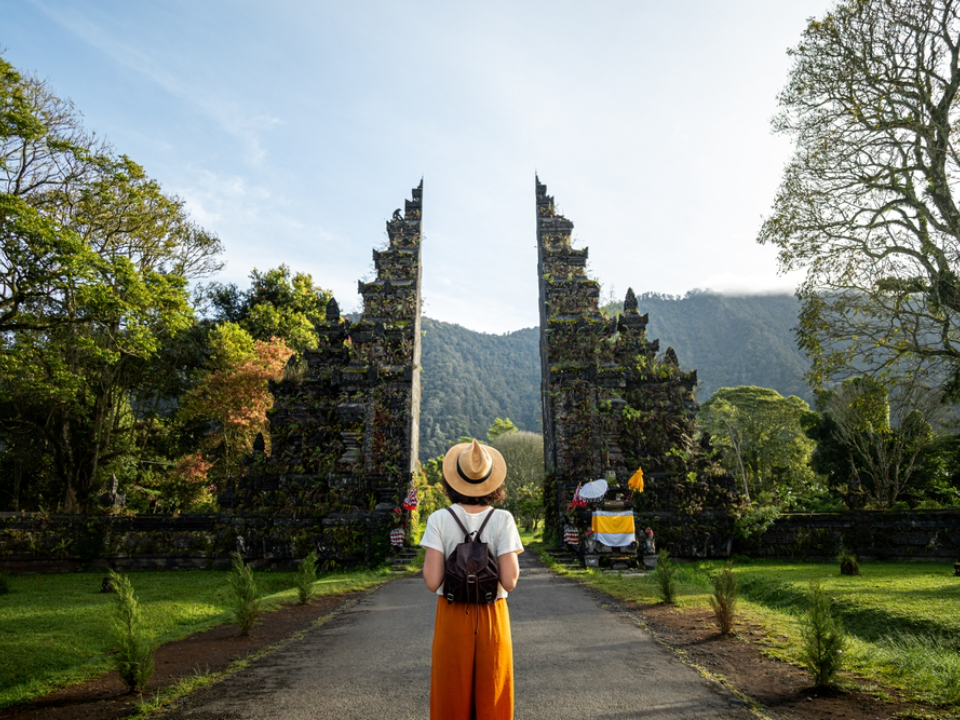
Traveling in Asia can sometimes be unpredictable, and things may not always go according to plan. Whether dealing with delayed flights, changes in weather, or unexpected cultural experiences, it is important to stay flexible and embrace the journey. A positive attitude will help you make the most of these situations and find joy in the surprises that come with travel.
Unexpected events are a natural part of traveling, and how you handle them can shape your experience. Whether you are stuck in traffic or dealing with language barriers, the ability to adapt will make your trip more enjoyable. Embracing the unexpected can lead to some of the most memorable moments of your travels.
This article originally appeared on Avocadu.
